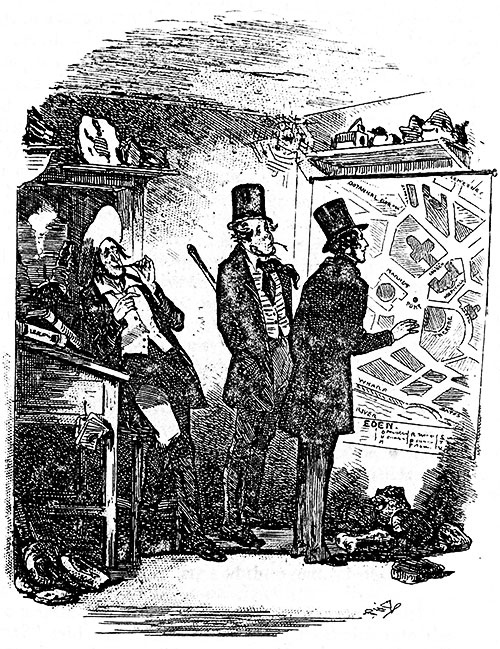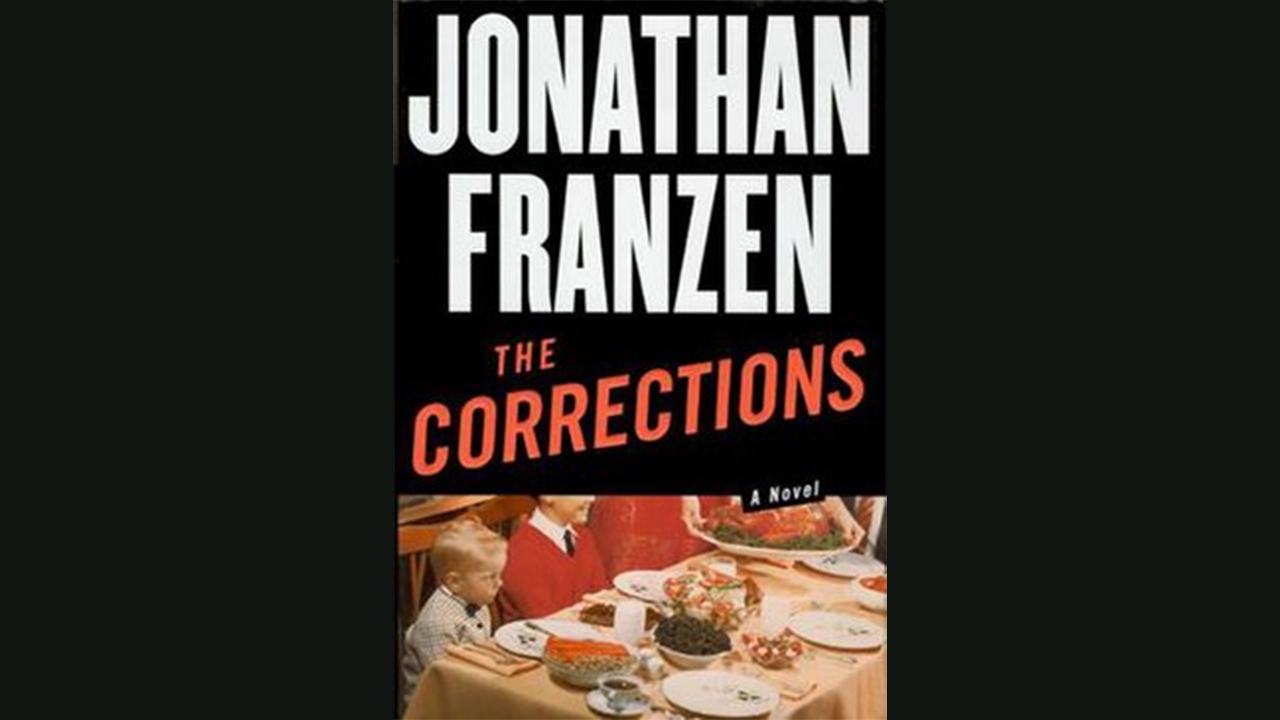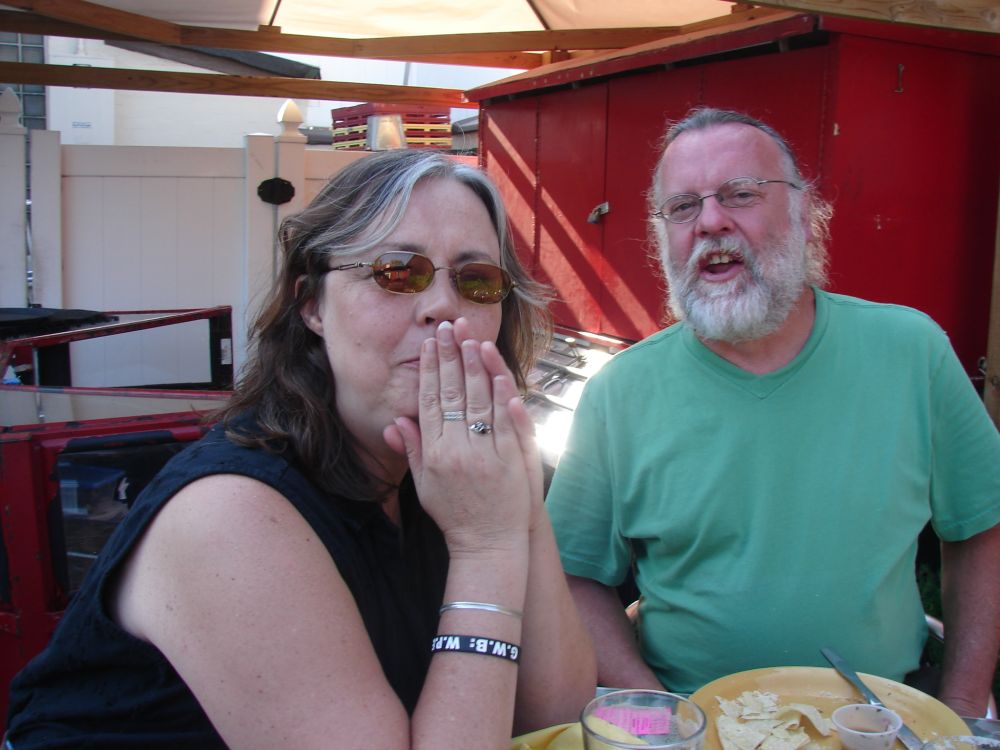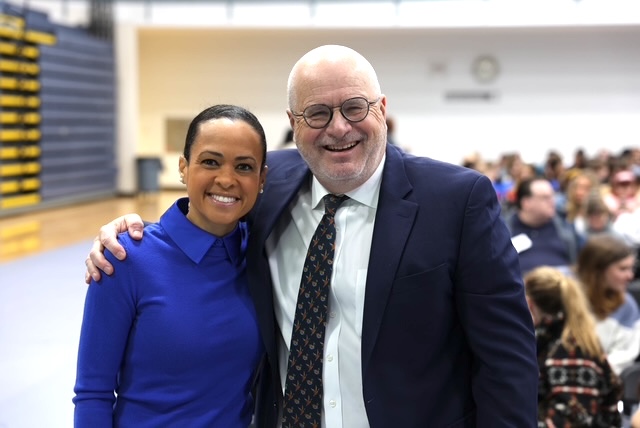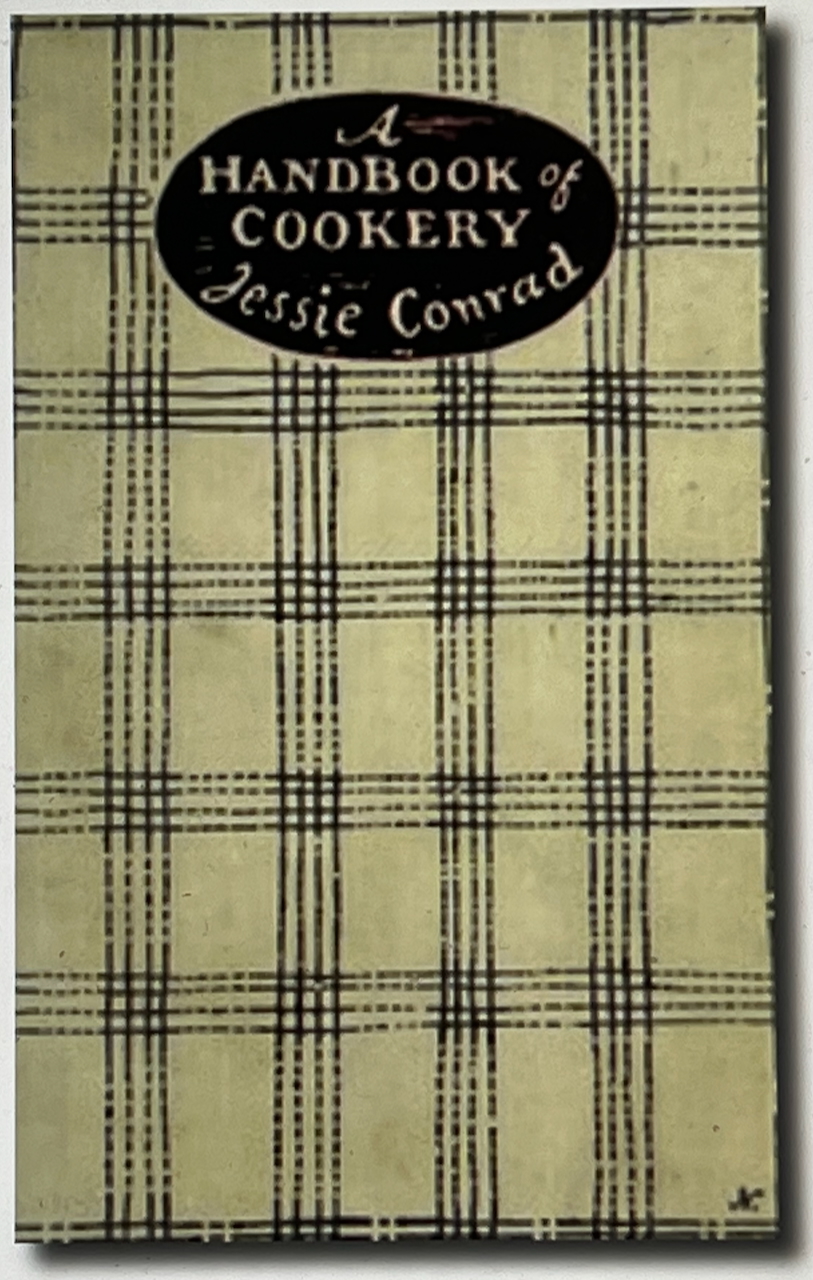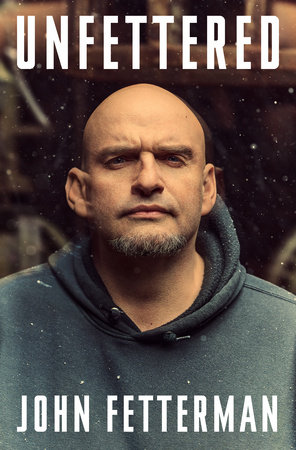Now More Than Ever, We Need Jacob Bronowski
By Ben Fulton
December 8, 2023

Ever since the rise of “prestige television” there has been a corresponding rise in the number of documentary films and documentary series.
The choice is bewildering to the point of being intimidating: celebrities and athletes dead and alive, every murder solved or unsolved, sommeliers and sushi chefs. All make the grade and grist for material interesting enough to document. It is no wonder that, with all this doc profusion, smart entertainers mock the form, often with hilarious results.
What was always missing, and is still sorely missed from most documentaries is the long, broad, but still penetrating view. For that, we must stretch back to 1973, when the BBC (and later, in the United States, PBS via Time-Life films) was brave enough to commission Jacob Bronowski’s monumental, thirteen-episode documentary epic, The Ascent of Man.
My first memory of this wonderful series stems from peeking into the living room of my childhood daycare, where my adult minders were held rapt by Bronowski’s gentle but formidable narration. I read the book by the same name—nearly a transcript of the televised series—in my early twenties. When it was reissued on DVD in 2006, I leaped at the chance to purchase it. I have done my best to watch it every two or three years since. If any one title could be called the “Sopranos of documentary TV,” surely this is it. David Attenborough excelled at bringing intimate shots of the natural world into our living rooms. Carl Sagan may have had more charm to his enthusiasm with Cosmos. No one tells our American stories better than Ken Burns. Still, it is Bronowski who stands atop them all with his universal vision of humanity, his breadth of knowledge, and his quiet urgency.
In that rarified, perilous range of, shall we say, all that matters in the world so far, no one could touch Bronowski, a Polish-English polymath who died shortly after completing this project. From the origins of human evolution near Ethiopia’s Omo River to the dawn of cities in Machu Picchu, Peru, to England’s Industrial Revolution, and closing near the nuclear age, Bronowski charms throughout with his belief in the mission of humanity. “It is the potential of man that we must explore,” he intones near the series’ beginning. “It is the fulfillment of man that we must seek.”
The documentary’s visual tone and soundtrack now come across as almost comically dated. This is 1973, after all. And many historians of science and anthropology would leap to correct the holes in Bronowski’s knowledge, many of which have been updated fifty years since. The Sumerians and Greeks, after Alexander, deployed the arch before the Romans at Segovia, Spain. The agricultural revolution, which Bronowski heralds as the foundation of civilizational and scientific advancement, has since come in for heavy derision by scholars such as Jared Diamond and Yuval Noah Harari, author of the recently vaunted 2011 book, Sapiens.
None of these omissions or unconscious errors matter in the context of what Bronowski teaches us. His overarching message is a stalwart belief in the dignity and progress of humanity through the discovery and knowledge of science, albeit not without severe, necessary caveats. Science is a journey with many discoveries to celebrate, but without a final destination beyond which we stop searching. Absolute knowledge is a delusion. At every phase in which science allows humanity to advance, we also live with the realities of uncertainty.
Although he touches on culture and poetry, especially that of John Milton and William Blake, Bronowski’s favorite guidepost is physics and its pivotal moments of discovery. “[Werner] Heisenberg’s principle [of Uncertainty] says that no events, not even atomic events, can be described with certainty, that is, with zero tolerance. … In the world of the atom, the area of uncertainty is always mapped out by the quantum,” Bronowski says in the eleventh episode. “Yet the Principle of Uncertainty is a bad name. In science or outside it, we are not uncertain; our knowledge is merely confined within a certain tolerance. We should call it the Principle of Tolerance. … All knowledge, all information between human beings can only be exchanged within a play of tolerance. And that is true whether the exchange is in science, or in literature, or in religion, or in politics, or even in any form of thought that aspires to dogma.”
The series’ most compelling through-line begins with Bronowski’s visit to the ancient Pueblo city of Canyon de Chelly in Arizona. It ends with Bronowski wading into a pond where human remains were dumped in Auschwitz, Poland.
Reaching into the Arizona ground in Canyon de Chelly during episode three (8:25-12:00), Bronowski begins molding it to make a point about human discovery. “Nothing has been discovered about nature herself when man imposes these warm, rounded, feminine, artistic shapes,” he says. “The only thing that you reflect is the shape of your own hand.” It was only when people began to cut, split, and chop across the surface of stone and wood that discovery truly began. Delving beyond and into the surface of the natural world to discover underlying orders and concepts launched the ascent of humanity. The danger, Bronowski says in effect, arrives when civilizations cease that ascent to instead rest on the ignorance and delusion that they have reached absolute, unquestionable knowledge.
Bronowski saves his most seismic moment for the last episode. Reaching his hands again into the surface of the earth, this time at that crematorium drainage pond in Auschwitz, Bronowski raises up a fistful of wet, human ashes.
“When people believe that they have absolute knowledge, with no test in reality, this is how they behave. This is what men do when they aspire to the knowledge of gods,” Bronowski says, perhaps too quietly. “Science is a very human form of knowledge. We are always at the brink of the known, we always feel forward for what is to be hoped. Every judgment in science stands on the edge of error, and is personal. … I owe it as a scientist to my friend Leo Szilard, I owe it as a human being to the many members of my family who died at Auschwitz, to stand here by the pond as a survivor and a witness. We have to cure ourselves of the itch for absolute knowledge and power. We have to close the distance between the push-button order and the human act. We have to touch people.”
It would be perfunctory to point out all the current examples of atrocious behavior and rhetoric in our social and political climate that align too well with Bronowski’s warning. Perhaps worse, it would detract from Bronowski himself, a quiet, eloquent, supremely educated person whose humility, grounded in a confident commitment to always search and never stop searching for knowledge, serves as an example to us all. If you have never watched The Ascent of Man, or remember it from years ago but have not watched it since, watch it again.

